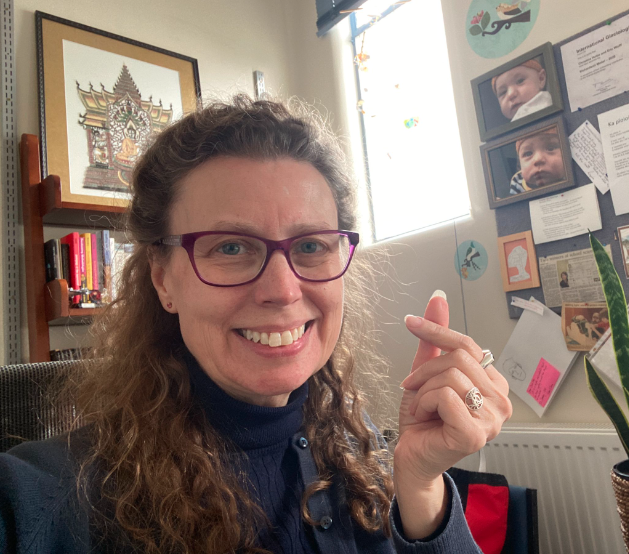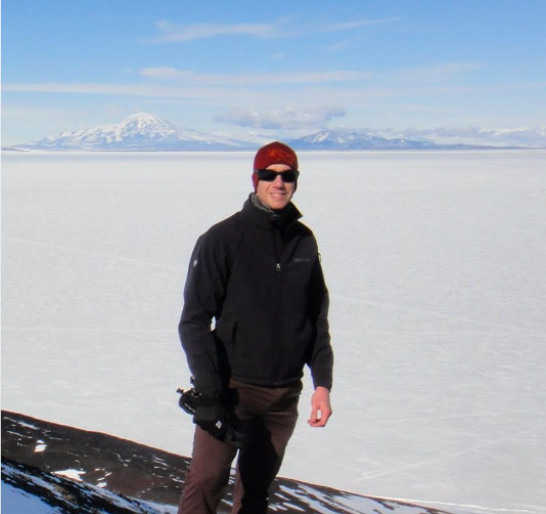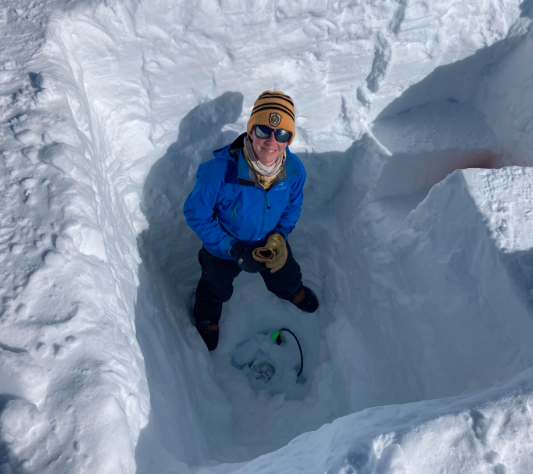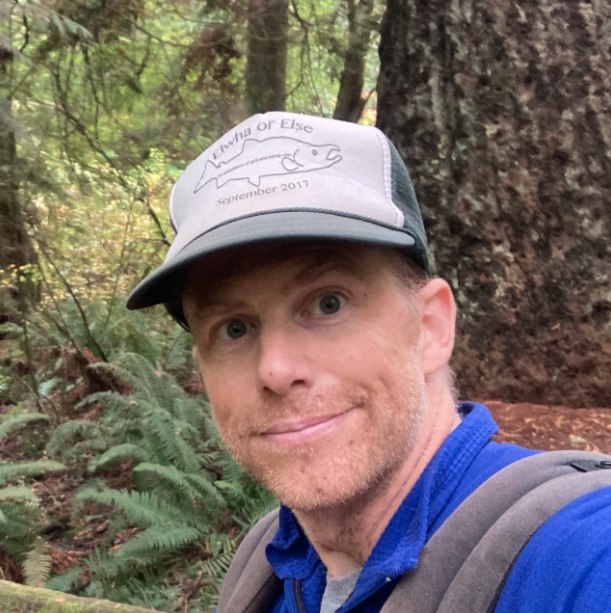2024 Leadership Series Workshop 2 - The Leadership Toolbox: Team-building and Navigating Conflict
-
Leaders do not avoid, repress, or deny conflict, but rather see it as an opportunity. -Warren G. Bennis
The second of our three online leadership workshops in 2024 focused on building effective teams and navigating conflict. The recording for this event can be accessed here.
In the recording you can learn strategies to leverage inevitable conflicts to improve team trust and cohesion from our experienced workshop facilitators and guest panelists (noted below). Tips related to how to improve communication across team roles, emphasizing the empowerment of every individual, regardless of their position were also shared. The workshop concluded with interactive role-playing scenarios to reinforce how to implement the tools for managing conflict.
Relevant resources and links shared during the workshop include:
- The Miro Board used during the workshop to ask panelists questions and used for workshop exercises later on in the workshop can be accessed here.
- Here is a link to a quick reference sheet for the 5 C’s of conflict resolution
- Here is a link to an article on Conflict Resolution Strategies
Panelists for the workshop included:
Dr. Christina Hulbe
Professor, University of Otago, NZ

Dr Christina Hulbe (she/they/ia) is Professor in Te Kura Kairūri, the National School of Surveying at the University of Otago, Ōtepoti Dunedin, Aotearoa New Zealand. She has broad academic leadership experience as a department head, Dean of School and in multi-institutional, interdisciplinary research programmes. Her approach to mentoring relies heavily on whiteboards and colored markers. Christina began her Antarctic career working with Ian Willans on what was at the time named Ice Stream B. Since then she has focused on the application of numerical models and remote sensing data to improve process understanding of ice mechanics and dynamics, mainly in West Antarctica. She earned her BS in Geological Engineering at Montana Tech, her MS in Geology at The Ohio State University and her PhD in Geophysics at the University of Chicago (1998). She moved to Otago in 2013. Christina is engaged in university and international service activities, including co-managing the Tawaki piki toka Eastern Rockhopper Penguin campaign for Aotearoa New Zealand’s Bird of the Year. You really should ask her about these amazing birds.
Dr. Michael G. Baker
Seismologist, Sandia National Labs

Michael G. Baker is a seismologist in the Geophysics Department at Sandia National Laboratories. His current research interests are on the use of distributed acoustic sensing in polar coastal waters, and for tracking of nearfield urban and subsurface events. He has ten years' worth of field seasons in both the Arctic and Antarctic, and has steadfastly failed to ever witness the aurora. He has a PhD in Geophysics from Colorado State University (2020) and a BS in Physics & Astronomy from Northern Arizona University (2003).
Dr. Marianne Karplus
Associate Professor, University of Texas El Paso

Marianne Karplus, Ph.D., is a Seismologist and Associate Professor in Earth, Environmental, and Resource Sciences at The University of Texas at El Paso. She is a co-PI of the NSF- and NERC-funded Thwaites Interdisciplinary Margin Evolution (TIME) project, using seismology to study the structure and dynamics at the eastern shear margin of Thwaites Glacier and better understand its potential contribution to sea level rise. She is also a co-PI of the International Thwaites Glacier Collaboration (ITGC) Science Coordination Office (SCO) and several NSF-funded research efforts. She co-led or led four multi-month field seasons in West Antarctica for the TIME project. She has also led geophysics field teams investigating earth structure, earthquakes, and tectonics in the Nepalese Himalaya, Juneau Icefield, Tibetan Plateau, Yellowstone National Park, West Texas, Valles Caldera, and a variety of other locations. She loves being part of field teams and introducing early career scientists to seismological field work. She serves as the Faculty Graduate Student Advisor, and she teaches Geophysics & Hydrology Field Camp for her department. She earned a BA in Earth Sciences and Math, with a minor in Physics, from Dartmouth College (2004). She has a Ph.D. in Geophysics from Stanford University (2012) and completed a postdoc at University of Southampton, UK (2012-2014) before moving to UTEP in 2015.
Dr. Max C. Stevens
Assistant research scientist in the Earth System Science
Interdisciplinary Center (ESSIC) at the University of Maryland

Max Stevens is an assistant research scientist at the University of Maryland and a member of the Cryospheric Sciences Laboratory at NASA Goddard. His research focuses on understanding surface snow and firn processes on glaciers and ice sheets and representing those processes in numerical models of varying complexities. In addition to his modeling work, he has participated in numerous field campaigns in Antarctica, Greenland, Alaska, and the Washington Cascades. He received his PhD in 2018 from the University of Washington. Prior to his career in academia, he taught outdoor and leadership skills as a course leader for NOLS.
About PSECCO's 2024 Leadership Workshop Series
PSECCO is ecstatic to announce that in the spring of 2024 we will be hosting a three-part Leadership Workshop Series created by polar early-career scientists for polar early-career scientists! The tools introduced in this series will be applicable to polar research environments both in the lab and in the field. The series will be broken down into three main themes, each taking place during a different month. The dates for the workshop will include:
- Foundations in Leadership: Let’s Get Back to the Basics - February 21st – 11am to 1pm
- The Leadership Toolbox: Team-building and Navigating Conflict – March 13th – 11am to 1pm
- Leadership from Above and Below: Building Safe and Constructive Work Atmospheres – April 3rd – 11am to 1pm
We hope you’re excited as we are!
This workshop series is hosted by PSECCO and co-organized by early career polar researchers with years of leadership experience in academia or in the field, including Tasha Snow and Elisa McGhee.